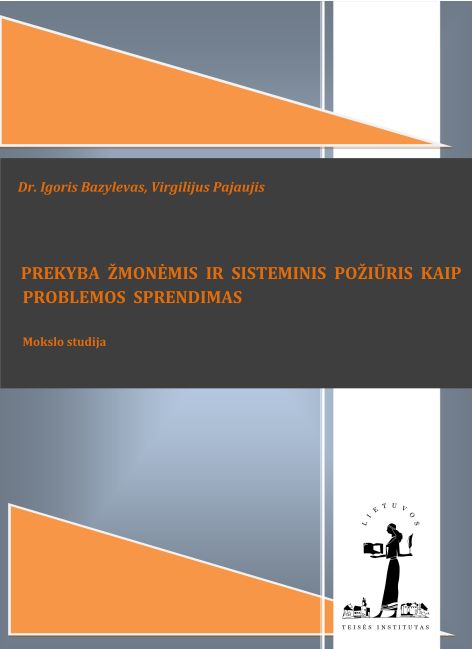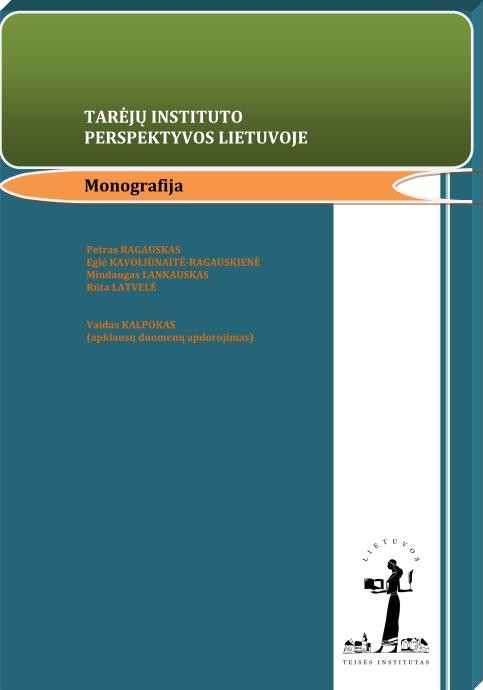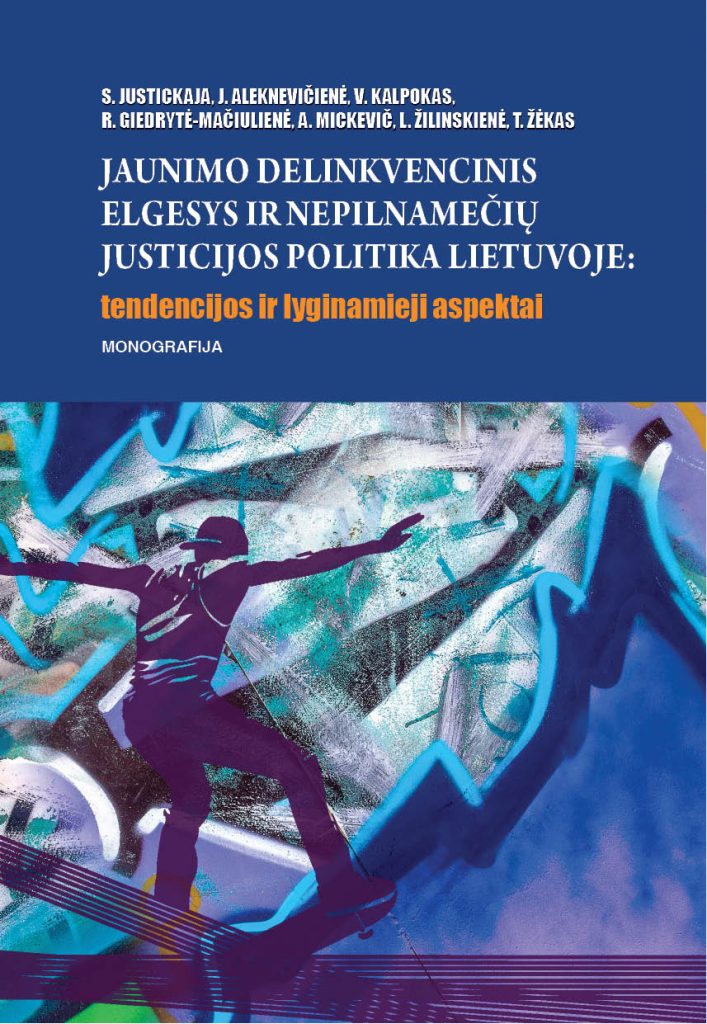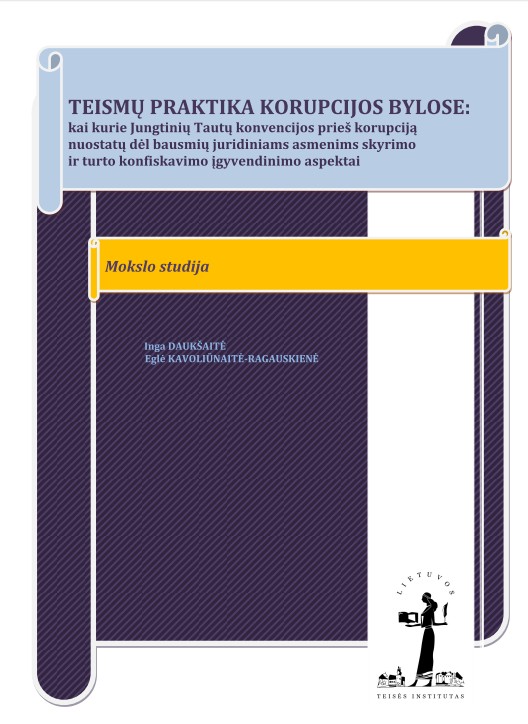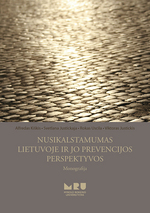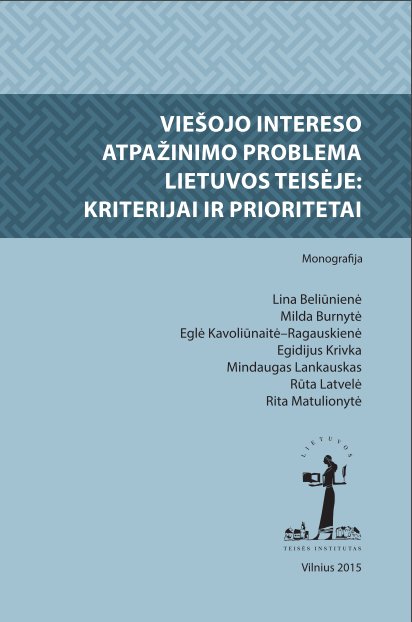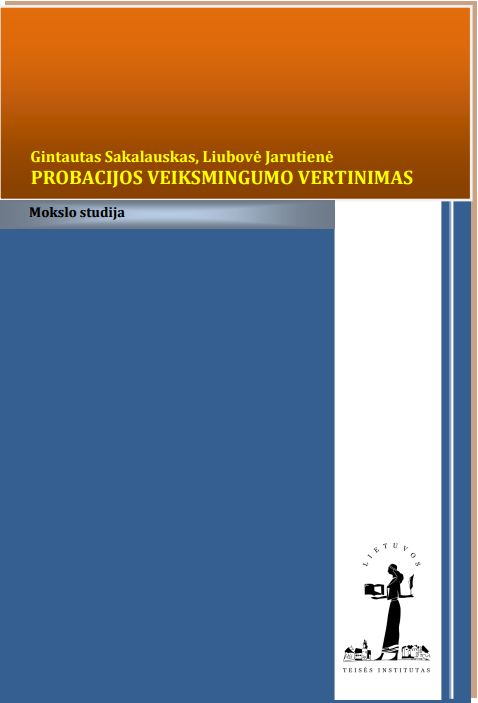
In the course of this study authors were analysing the legislation of probation and strategic planning, and also the statistical data of probation performance. In order to examine the experience of foreign countries, scientific publications, foreign legislation acts, statistical data and reports of probation services have been analysed.
All text >
Authors: dr. Gintautas Sakalauskas, Liubovė Jarutienė
Reviewers: dr. Antanas Jatkevičius, dr. Simonas Nikartas, dr. Rokas Uscila


